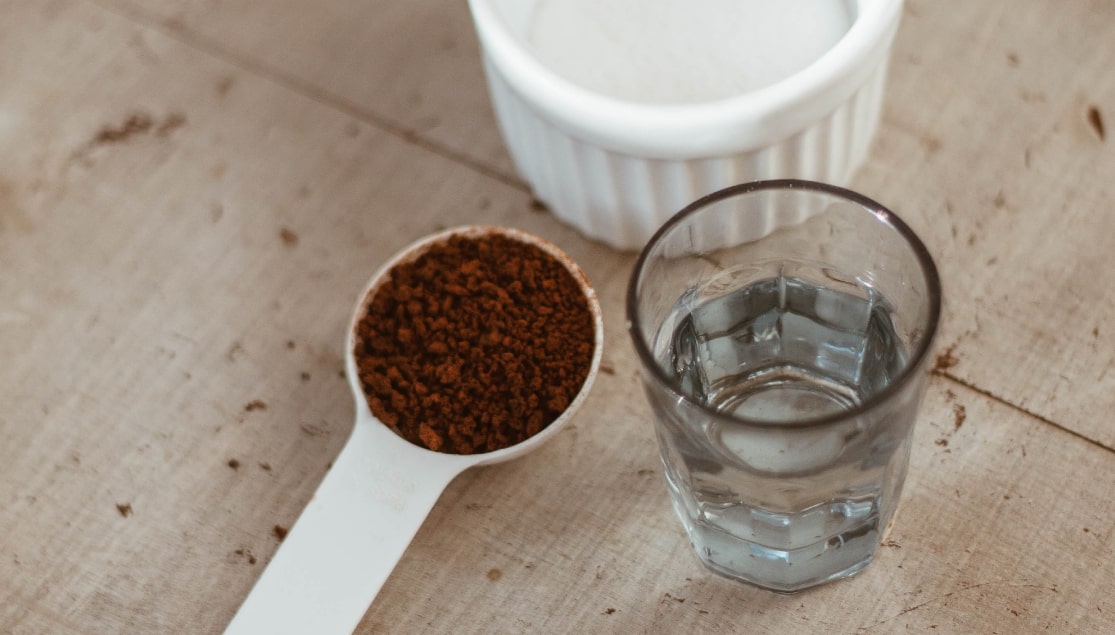The Popularity of Instant Coffee
I was reading a recent report that suggested more than one-third of the world’s retail brewed coffee is instant coffee. I thought that was a typo, but after doing more research, I saw that was in fact true. Coming from the U.S., where our preference for traditional brewed coffee dwarfs the instant type, it’s hard for me to fathom countries where instant is the norm. So, I decided to go deep into the rabbit hole of instant coffee to understand how it’s made, where it’s preferred and why it still makes up such a large piece of the world’s coffee pie.
What is Instant Coffee and How is it Made?
Instant coffee comes from brewed coffee that is dried into soluble coffee crystal concentrates that when mixed with hot water will reconstitute into a cup of coffee.
There are two main ways to make instant coffee:
- Spray-drying: Coffee is sprayed into hot air, which dries the droplets into small particles or a fine powder.
- Freeze-drying: Coffee is frozen and cut into small fragments which are dried at a low temperature.
Both methods do come at a cost. Instant coffee is known to adversely affect the flavor and sensory experience of coffee as well as decrease the caffeine content. While freeze drying traditionally keeps more of the flavor compounds intact, it’s not uncommon for companies to add in flavor and aroma compounds to the finished product to better replicate a traditional brewed coffee.
What Countries Drink the Most Instant Coffee?
The preference for instant coffee is well defined by geographic regions. Most of North America and specifically the U.S. is generally averse to drinking instant coffee. This is true for Western Europe as well. Eastern Europe and Asian coffee countries on the other hand, favor instant coffee. Many of these countries fall in primarily tea drinking regions with a newer and less developed taste for coffee. Instant coffee is also highly accessible, inexpensive and has a very long shelf life which broadens its appeal in developing countries who are primarily drinking it for functionality. The big anomalies are Australia and New Zealand who really appear to favor instant coffee despite also having some of the most sophisticated third wave coffee communities in the world.
Why Do People Drink Instant Coffee?

I believe instant coffee consumption is really driven by convenience. While instant coffee is only as instant as your access to boiling hot water, it is still rather quick and easy for most people to make. Aside from the convenience, cost and accessibility are major factors. Instant coffee can be found at all corners of the world, have jars that state years of shelf life, and is generally rather inexpensive.
Can Instant Coffee Get Better?
This is a question that a lot of emerging specialty coffee companies are trying to attack head on. There has been a rise in instant coffee options that feature the names of well-known specialty coffee roasters. Some use standard drying methods with better coffee to start as their point of difference, and others are trying to use new technology to solve for the core issues of coffee degradation that come with instant coffee. I have yet to try an instant coffee that provides a comparable cup to the traditional brewed option, but I’m willing to eat my words if someone can show me otherwise.
Convenience Doesn’t Mean You Need to Compromise Quality
This is the exact premise that Bruvi® was built on. Does ultimate convenience mean you have to resort to drinking sub-par instant coffee? Does ultimate quality mean you have to deal with a snobby barista and a 5-minute, $5 pour over at your local coffee shop? Not anymore! In less than a minute you will be able to select and brew a perfect cup of your favorite specialty coffee at the touch of a button with the Bruvi coffee brewer. This gets you remarkably tastier coffee coffee quicker than you could boil water for instant coffee with the same level of quality you would expect from a third wave roaster, at a fraction of the cost. It might sound too good to be true, but I’ll stop here and let the coffee do the talking. One sip of our gourmet coffee and everything will suddenly make sense!





